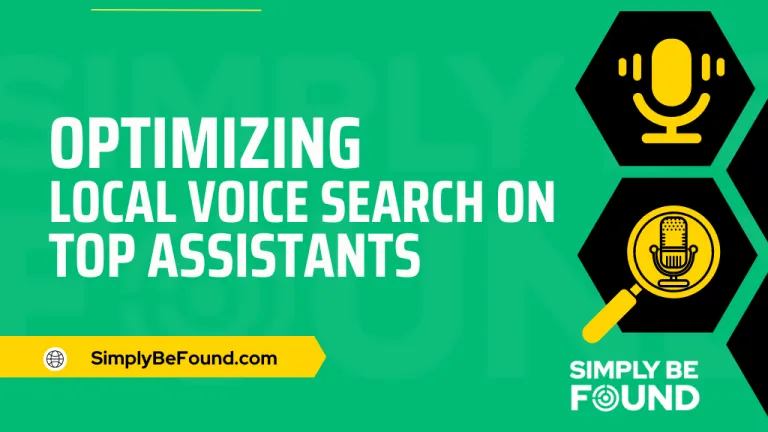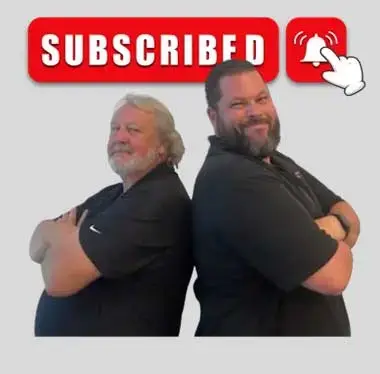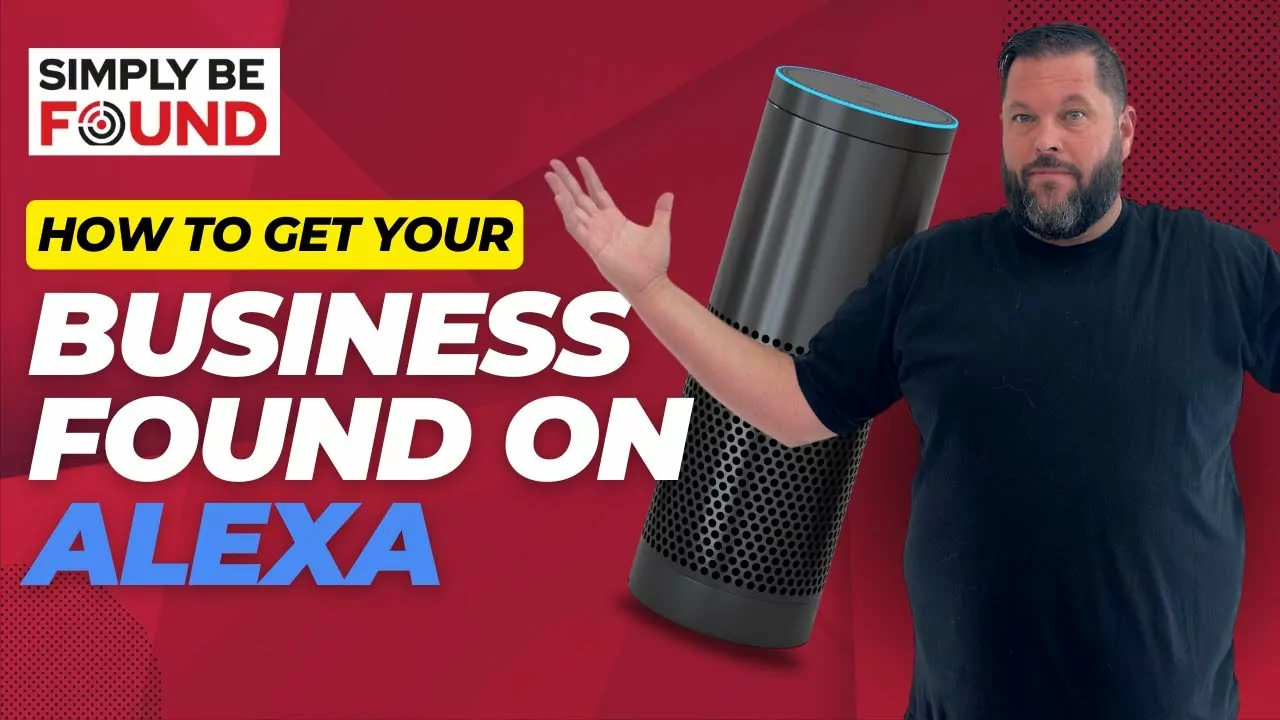Last Updated on: 3rd November 2023, 07:07 am
Let’s talk about how local businesses can get more attention from people nearby by making sure they can be found when using voice assistants like Siri, Alexa, Google Assistant, and Cortana. These voice assistants are like your personal helpers on your phone or smart device, and they help you find information or get things done just by talking to them.
Imagine this: you’re walking down the street and suddenly feel like grabbing a tasty treat from a nearby ice cream shop. Instead of typing it into your phone, you ask your voice assistant, “Where’s the nearest ice cream shop?” If local businesses have optimized for voice search, the voice assistant can quickly find them and give you directions.
When a small business makes it easy for voice assistants to find them, they can attract more local customers who are looking for their products or services. So, let’s explore how optimizing local voice search for top assistants like Siri, Google Assistant, and Cortana can be a game-changer for small business owners, helping them get more attention and customers from people in their area.
6 Basic Steps to Optimize a Local Business for Voice Search
Understand the local voice search ecosystem.
Have you ever used Siri or asked Google Assistant a question using your voice? That’s called voice search! A lot of people use voice search on their phones or other gadgets to find the information they need quickly.
When people use voice search, they might use different devices like iPhones, Android phones, or smart speakers like Amazon Echo or Google Home. And each device has its own voice assistant, like Siri or Google Assistant.
So, what does this mean for small businesses? It means that if your small business wants to make sure people can find them through voice search, you need to understand how people are searching using different devices and voice assistants. By doing so, you can optimize your website and online presence to show up in voice search results and make it easier for potential customers to find you.
Understand the three types of local business voice search.
When people use voice search to find local businesses, there are three main types of queries they might use: discovery, brand, and knowledge.
- Discovery queries are when someone is looking for a type of business, like “coffee shops near me” or “pizza delivery in my area”. These searches are focused on discovering new options and finding businesses that match the searcher’s needs.
- Brand queries are when someone is looking for a specific business, like “Starbucks near me” or “McDonald’s hours”. These searches are focused on finding a particular business that the searcher already knows about.
- Knowledge queries are when someone is looking for information about a business, like “What are the best restaurants in town” or “What’s the phone number for the local movie theater”. These searches are focused on finding out more information about a particular type of business or industry.
So, if your local business wants to optimize your online presence for voice search, you need to understand these different types of queries and make sure your website and online profiles provide the information that people are looking for when they use voice search. By doing so, you can increase your chances of showing up in voice search results and attract more potential customers.
Claim and optimize your Google My Business listing.
Google My Business is a free tool that businesses can use to manage their online presence on Google. By claiming and optimizing your Google My Business listing, a business can provide important information about your location, hours, products, and services to people who use Google Assistant for voice searches.
When someone uses Google Assistant to find a local business, the results are powered by Google My Business. So, if your business wants to show up in those results, you need to make sure your listing on Google My Business is complete, accurate, and up-to-date.
Optimizing a Google My Business listing means making sure all the important information is included, like the business name, address, phone number, website, and hours of operation. A business can also add photos, respond to reviews, and provide updates about special offers or events.
By claiming and optimizing your Google My Business listing, a local business can increase your visibility in Google Assistant search results, making it easier for potential customers to find you and learn about what you offer.
Claim and optimize your Apple Maps business listing.
Apple Maps is a map app that comes on iPhones and other Apple devices. Just like how Google My Business powers local business results in Google Assistant, Apple Maps Connect powers local business search results on Apple’s voice assistant, Siri.
So, if your business wants to show up in local search results on Siri, you need to claim and optimize your listing on Apple Maps Connect. By doing so, you can provide important information about your business, like the address, phone number, hours of operation, and website.
Optimizing an Apple Maps Connect listing means making sure all the important information is complete, accurate, and up-to-date. A business can also add photos, respond to reviews, and provide updates about special offers or events.
By claiming and optimizing their Apple Maps Connect listing, your local business can increase your visibility in Siri search results, making it easier for potential customers who use Apple devices to find you and learn about what you offer.
Claim and optimize your Bing Places business listing.
Bing Places is a free tool that businesses can use to manage their online presence on Microsoft’s search engine, Bing. When someone uses Microsoft’s voice assistant, Cortana, to find a local business, the results are powered by Bing Places.
So, if your business wants to show up in local search results on Cortana, you need to claim and optimize your listing on Bing Places. By doing so, you can provide important information about your business, like the address, phone number, hours of operation, and website.
Optimizing a Bing Places listing means making sure all the important information is complete, accurate, and up-to-date. A business can also add photos, respond to reviews, and provide updates about special offers or events.
By claiming and optimizing your Bing Places listing, a local business can increase your visibility in Cortana search results, making it easier for potential customers who use Microsoft devices to find you and learn about what you offer.
Claim and optimize your Yelp business listing.
Amazon Alexa gets local search results from Yelp. Yelp also provides photos and reviews for Apple Maps and Bing Places.
Local voice search is becoming more popular, not only with the development of smart speakers, but also on phones, computers, and other devices. And people utilize voice assistants for more than merely basic inquiries and activities; they use them to locate local businesses as well.
Did You Know?
- 50% of people used voice search to find a local business over the past year.
- 74% of voice search users looked for a local business weekly.
- 46% of voice search users looked for a local business daily.
Nearly two years ago this study was done, and voice search has continued to develop since then. In the end, people are utilizing voice assistants to find local businesses. Are your company’s listings accessible to these consumers?
Voice Assistant Market Share
Apple, Siri, Google Assistant, Microsoft Cortana, and Amazon Alexa are the four most popular voice assistants. There are a few other assistants out there, including Samsung Bixby and a handful of others.
The majority of individuals think that Amazon Alexa has a commanding lead in voice search. In fact, according to Consumer Intelligence Research Partners (CIRP), Amazon has a 70% market share in the home speaker industry, Google Home has 25%, and Apple has 5%. This is only for home speakers, though.
When we look at all voice-enabled devices together, we find that cell phones remain the most common search device. When you consider how many different smartphones there are on the market out of millions, it’s easy to understand why smartphone usage has exceeded desktop computer usage in so many ways.
A 2019 study by Microsoft shows that Google Assistant and Apple Siri both share the greatest market share for voice assistants at 36% each. Amazon Alexa actually is third with 25% and Microsoft Cortana has 19%.

Smartphones, desktops/laptops, and tablets were the most popular devices for voice search in a recent BrightLocal study. Smart speakers were used the least during local company searches.

Three Types of Local Voice Searches
Voices search queries can be broken into three different types:
- Discovery
“What are the best breweries near me?”
“Find a plumber in Fort Collins”
- Direct
“Call Hanna, Warner, and Associates”
“Make a reservation at Hearth Restaurant”
- Knowledge
“Has emerald ash bore been seen in Northern Colorado?”
People perform a discovery search for various sorts of local firms. Direct queries are made when people inquire about the details of a certain business. Knowledge searches may not have a local business focus, but they can offer information to help answer the query.
Discoveries searches are useful for discovering new consumers, but direct searches may frequently be more essential since those people want to engage or do business with you right now. Knowledge searches are a bit more difficult to capture, although they may lead customers to contact you for your knowledge in a certain area.

Start with the output devices when examining the local voice search environment. People utilize voice search on cellphones and smart speakers, to be sure. However, usage of voice search is increasing on tablets, laptop and desktop computers, and game consoles.
You’ll also notice voice assistants becoming increasingly integrated into other gadgets, including smart televisions, appliances, and watches. Google Assistant, Amazon Alexa, and Apple Siri are now being used in new automobiles.
Optimize for Apple Siri
For voice search, Siri has a 36 percent market share. It obtains local business data from Apple Maps Connect, which powers not just local business information for Siri but also for Apple Maps. But the basic process is to go to Apple Maps Connect, sign in with an Apple ID, then claim your business listing and optimize your information.
You’ll notice that Apple Maps Connect has no reviews or photographs because Apple didn’t add any. That’s due to the fact that Apple receives evaluations and photos from a variety of sites, including Yelp, but also others depending on the category. As a result, claiming and optimizing your Yelp business listing is critical for optimizing your business for Siri … and Maps. – There are some newer things being released about Apple Maps Reviews that are coming out and we are monitoring this closely.
Optimize for Google Assistant
Google Assistant has a 36% market share in voice searches. Because it’s a Google product, it gets all of its local business data from Google My Business, including reviews and photographs,” said Brown.
The same rules apply to optimizing your site for Google Assistant as they do to optimizing it for Google Search or Google Maps. In the end, if you optimize your business to appear well in a Google search or on Google Maps, you’ll be perfectly optimized to show up in a voice search on Google Assistant.
Optimize for Amazon Alexa
Alexa has a 70% market share in smart speakers. However, when you include all devices, Alexa’s percentage of the overall voice search market falls to 25%.
Two major sources provide Alexa local business data, photos, and reviews. Yelp provides the vast majority of Alexa’s local search business information, pictures, and feedback.
Also, be wary… unsavory businesses are phoning local firms and informing them that they will not appear in Alexa unless they buy a certain listing. This is a con trying to sell you listings under false pretenses.
Optimize for Microsoft Cortana
Finally, there’s Microsoft Cortana, which has a surprising 19% market share. Because it’s built into Windows 10, Xbox, and Microsoft Office, one in five voice searches are performed through Cortana.
Bing Places gets general business information for Cortana. While Bing has a little market share on mobile, it still commands a significant presence in desktop web searches. And with a 20% market share in voice search, claiming and optimizing your Bing Places listing is well worth your time.
Cortana, like Siri and Alexa, gets most of its local business reviews and photographs from Yelp. In certain company categories, you may occasionally come across feedback and pictures from TripAdvisor, but the majority will come from Yelp.
Claim and Optimize Your Yelp Listing
As you’ve seen, your Yelp profile is important to local search voice optimization, whether you like it or not. Apple Maps and Bing Maps, which are powered by Yelp, spread images and reviews across Google Maps and Amazon Alexa. It also spreads business data, photos, and evaluations to Amazon Alexa.
You want to claim and optimize your Yelp listing as much as possible. Make sure your business information is complete and accurate. Upload a good set of photos for your business.
One advertising alternative within Yelp that you should think about is the “edit slideshow” page upgrade. Yelp typically picks the primary photo for your listing by default. For example, I’ve seen a drinking fountain as the main image of a legal firm. The slideshow page upgrade, on the other hand, allows you to change the order of your images as well as choose which one will be used as the primary image for your company.
It costs $365 per year, however, it does allow you to choose the main picture that will show not only on Yelp but also in Apple Maps, Bing Maps, and voice assistant results for Apple Siri, Amazon Alexa, and Microsoft Cortana on phones and devices that aren’t purely audio.
You’re Now Optimized for Local Voice Search
You’ll be well-positioned to show up in both discovery and direct / brand local voice search queries once you’ve claimed and optimized your Google My Business, Apple Maps Connect, Bing Places, and Yelp company listing.
We still need to talk about optimized for knowledge search queries … e.g. Position 0 … but that will be the subject of a different article.
Do you have any questions, additions, or comments about local voice search? Please let me know in the comments section below.







